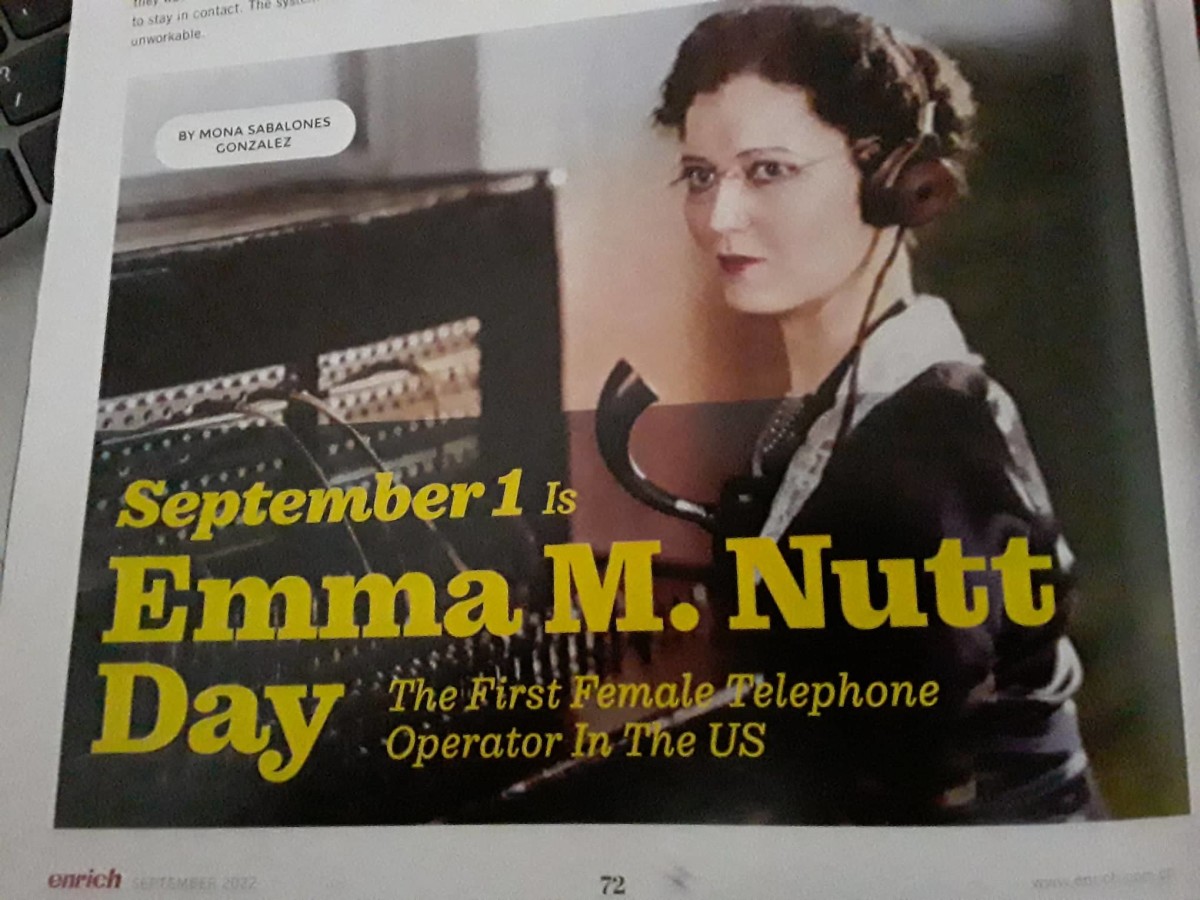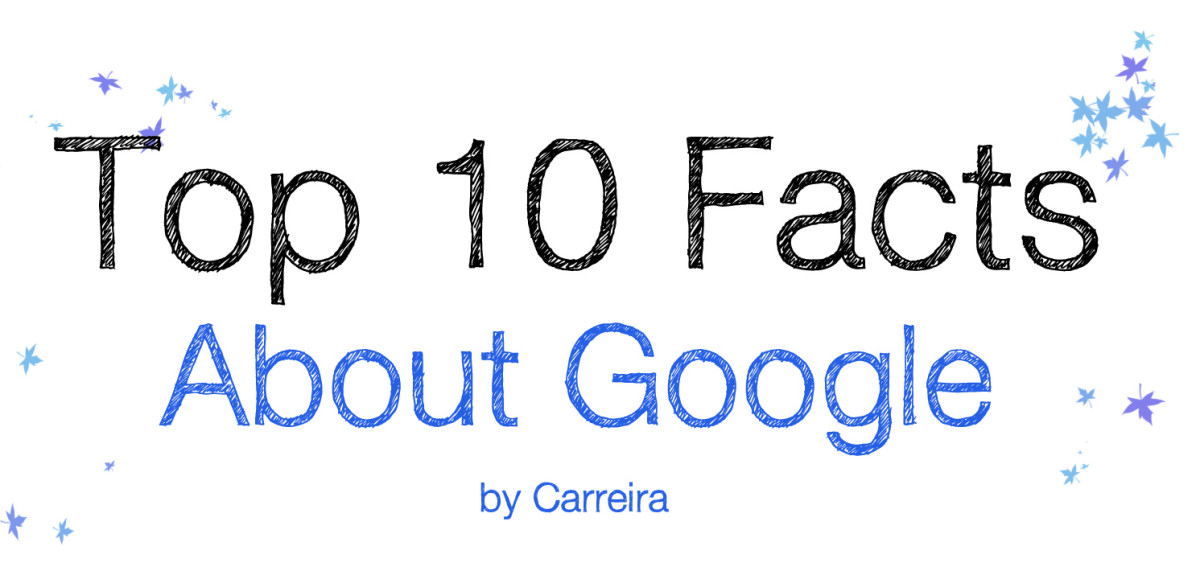- HubPages»
- Technology»
- Internet & the Web»
- Search Engines
Understanding Special Search Terms Google Operators
When you use special Google-specific operators, it gives you influence over the home page of Google, by-passing Google's Advanced Search.

Google specific special operators need a colon (:) in order to isolate the command from the search string / keyword. The format is as follows:
operator:keyword string
Some of the Google operators do not let you leave space between the first keyword and the colon, as explained prior. However, this does not matter with other search term operators. As we do not want to memorize which is which, we constantly put the 1st keyword up opposed to the operator’s colon. Boolean operators may also be used in the keyword search string when the string is anticipated by a Google operator, as follows:
allintitle:new times –york
The most used search operators specifically used with Google are as follows:
cache: When you know the address of any Web page, use this operator to bring up the cache version (saved in Google's cache) of that page. It actually not seems too useful by itself. However, this cache operator got an appealing feature that is hidden. When you enter a keyword after the URL of any Web page, Google will light up this word all over the cached document which it is displaying. For instance, try:
cache:www.lycos.com music
link: It has same function as the Advanced Search page's Links feature, searching pages that has a link to any URL you specified. For instance:
link:www.dummies.com
shows websites in which a link to www.dummies.com is mentioned. It is good when you own a website, putting in action search string with this operator enables you to check that who is being liked to your site. This is a great tool when you own and running a Blogger site.
info: A Google-specific operator which builds-up informational links regarding any website, info operator is used in pair with a URL keyword. The result brought up will be the Google index entry for such Web page, in addition to the links for viewing the similar sites, cached page, and also Web pages which are linked to that URL. In order to bring-up information about the home page of Google, for instance, type:
info:www.google.com.
filetype: You can search twelve types of document with Google besides HTML documents that make up Website pages. The most searched filetype is PDF which is a format that you may read with Acrobat Reader of Adobe. Mostly academic papers and official forms are prepared in the PDF format. Searching for tax forms by using the command of filetype pdf operator is pleasant when this command is part of a keyword search string which contains the form number or name as well. There are other commonly searched file types too i.e txt (Text), ppt (Microsoft PowerPoint), xls (Microsoft Excel), and doc (Microsoft Word). This sounds not good but MP3 or video files with this operator cannot be found by Google.
how to make money online filetype:PDF
related: This operator is used to find the Similar Pages link. This operator is to pair with a URL of a website. A keyword string for an example might look like this:
related:www.wikipedia.org
site: Using such operator in your keyword string will limit results only to a domain specified. This is a better way for searching online newspapers, for instance:
site: Using such operator in your keyword string will limit results only to a domain specified. This is a better way for searching online newspapers, for instance:
alan greenspan site:www.usatoday.com
Combining with the quote operator, you can obtain nice and specific results in a website related to newspaper, for instance:
“axis of evil” site:www.nytimes.com
This Google-specific operator even works only with domain extensions, i.e. .gov and .edu, without using a name of domain. To know this, you may find keywords to match government or university pages, i.e:
“code orange” site:gov.
alan greenspan site:www.usatoday.com
Combining with the quote operator, you can obtain nice and specific results in a website related to newspaper, for instance:
“axis of evil” site:www.nytimes.com
This Google-specific operator even works only with domain extensions, i.e. .gov and .edu, without using a name of domain. To know this, you may find keywords to match government or university pages, i.e:
“code orange” site:gov
intitle and allintitle: These two operators limit your search results to the pages in which one or more of your keyword strings found in the title of the page. The command intitle influences the group of keywords in quotes or a single keyword right away followed by the operator. Futhermore other keywords that are followed by the first one could be found anywhere on the Web page. For instance:
intitle:usa real estate
assures that result pages are about USA real estate, not any other one. On the other hand allintitle command pressurizes Google for finding all of your keywords with Web page titles. You can severely narrow your search with this operator. For instance, last time we checked:
allintitle:carrot top nobel prize
search string did not return any results. While On the other hand, it is better to home in on important pages, as if you are searching for the product reviews.
intext and allintext: These operators you use to restrict Google for searching to the text of pages, eliminating the URL, links, and title. intext operator is used specifically for single keywords:
intext:labradors
Use allintext for keyword strings:
allintext:labrador retrievers
If we had used intext operator in the second example, Google may have matched just the keyword labrador to the text of Web pages, simply ignoring the retrievers keyword.
inanchor and allinanchor: To restrict a search only to link anchors is an impressive technique of searching. Link anchors are portions of hyperlinks that are visible and that you can see on websites. When any link is appeared as "Click this link", this is the link anchor. You may easily limit your search only to the link anchors of Web pages. Attractively, this will put your search results 1 step back from ordinary keyword matches. Rather matching Web pages which are rich with your search keywords, you are possibly to match Web pages which exceptionally link to Web pages that are keyword-rich. Put inanchor for single keywords and allinanchor for multiple keywords if you require all keywords in the search string matching link anchors.
inurl and allinurl: They are similar to intitle and allintitle but limit search results to the Web pages which found one or more of your search keywords in the URL of the Web page. The result got is a forceful limiting your search results, but this way is interesting for discovering new websites having great and good domain names. For instance:
inurl:diaper
may return www.dog-diaper.com as the result. One more example is:
allinurl:purple elephant
that will bring unbelievable results. Here this should be noted that using allinurl with 2 or more keywords is similar as the match pages deep within sites that have quite a long URLs.
To empower your search capabilities it is compulsory for you to know all the operators and to by-pass the Advanced Search page of Google. This keyword search box on Google's homepage is definitely a way to find treasures all over the web.
© 2019 Khurram Shehzad









